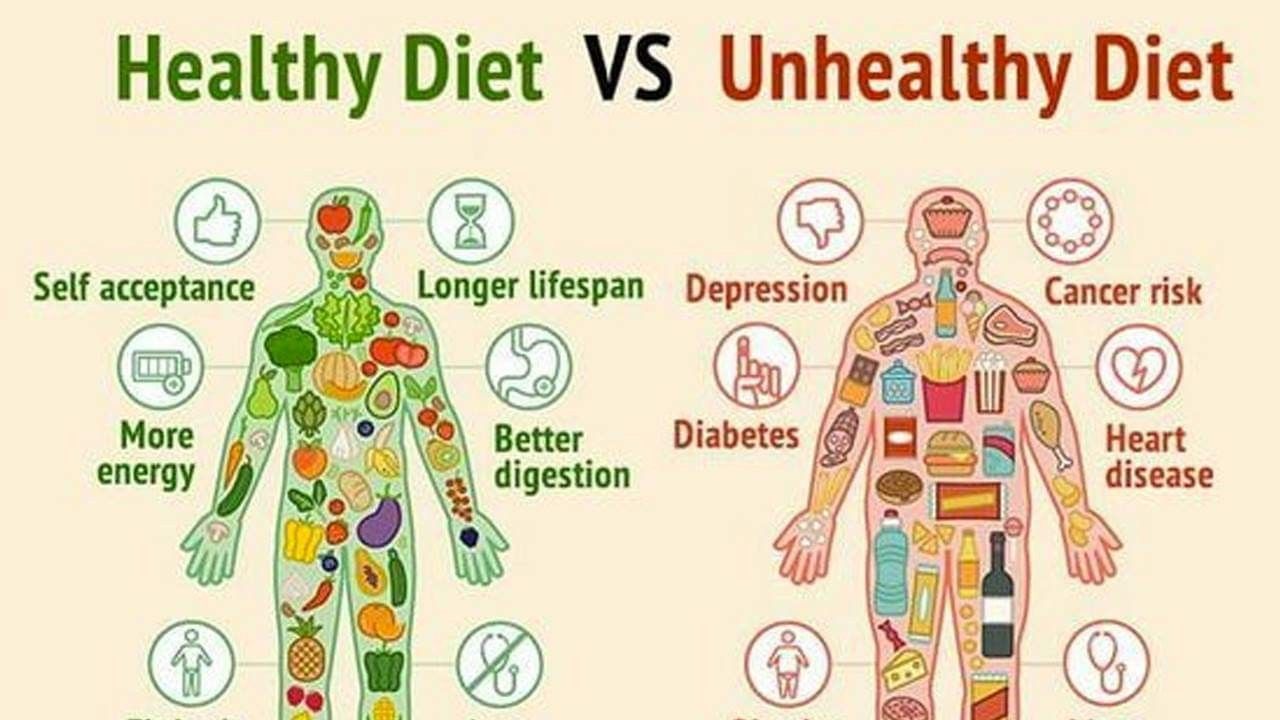
The Impact of Unhealthy Eating Habits on Your Body
Introduction
Unhealthy eating habits can have a significant impact on your body and overall well-being. In today’s fast-paced world, it is common for individuals to prioritize convenience over nutrition, leading to a variety of health issues.
Weight Gain and Obesity
One of the most apparent impacts of unhealthy eating habits is weight gain and obesity. Consuming excess calories, especially from processed and sugary foods, can quickly lead to an unhealthy increase in body weight. This extra weight puts strain on various body systems and significantly increases the risk of developing chronic conditions such as diabetes, heart disease, and certain types of cancer.
Cardiovascular Health
Poor eating habits, particularly the consumption of high levels of saturated and trans fats, can significantly damage cardiovascular health. These unhealthy fats can contribute to the build-up of cholesterol and plaque in the arteries, increasing the risk of heart disease, heart attacks, and strokes. Additionally, excessive sodium intake from processed and fast foods can elevate blood pressure, putting further strain on the heart.
Nutrient Deficiencies
Unhealthy eating habits often involve a lack of essential nutrients that are vital for the body’s proper functioning. A diet rich in processed foods, refined grains, and sugary beverages is typically low in essential vitamins, minerals, and antioxidants. This can lead to various deficiencies, weakening the immune system, impairing cognitive function, and increasing the risk of developing chronic conditions.
Digestive Issues
Poor eating habits, such as consuming excessive amounts of processed foods and sugary snacks, can disrupt the natural balance of gut bacteria and lead to digestive issues. Conditions like indigestion, bloating, constipation, and even more severe disorders like irritable bowel syndrome (IBS) can arise. Maintaining a healthy diet rich in fruits, vegetables, whole grains, and lean proteins promotes proper digestion and overall gut health.
Energy Levels and Mental Health
Unhealthy eating habits can also significantly impact energy levels and mental health. Diets high in processed foods and simple carbohydrates, like sugary snacks or fast food meals, lead to energy crashes and spikes in blood sugar levels. These fluctuations can contribute to feelings of fatigue, decreased concentration, and attention issues. Moreover, research suggests that a poor diet can increase the risk of depression, anxiety, and other mental health disorders.
Skin Health
Your eating habits play a crucial role in the health and appearance of your skin. A diet high in processed foods, sugary snacks, and beverages can contribute to the development of acne and other skin conditions. Additionally, lacking essential nutrients like vitamins A, C, and E, can impair skin regeneration and collagen production, leading to dullness, aging, and a higher susceptibility to damage caused by environmental factors.
Conclusion
It is essential to recognize and address the impact of unhealthy eating habits on our bodies. By making conscious choices and adopting a balanced diet consisting of whole, nutrient-dense foods, we can significantly improve our well-being, reduce the risk of chronic diseases, and enhance our overall quality of life.

